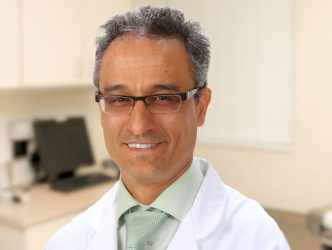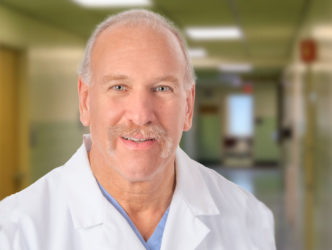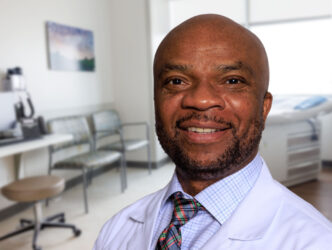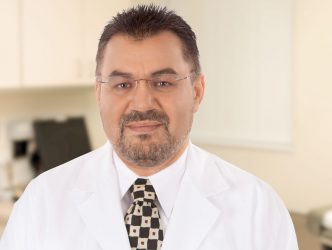Hello Trinity Community,
I recently sat down with Marisa Jennings, MD to discuss Post-Traumatic Stress Disorder (PSTD) regarding common and uncommon causes, different styles of treatments and how PTSD can present in yourself or others.
First, let’s lay the foundation. Dr. Jennings is a board-certified psychiatrist with experience in treating a wide range of behavioral health conditions, including anxiety disorders, depression, bipolar disorder and schizophrenia. Dr. Jennings provides outpatient care at Trinity Health Riverside using evidence-based treatments to achieve positive outcomes for her patients.
Below are some common questions about PSTD and some answers I gathered using Dr. Jennings responses and common resources such as the National Institute of Mental Health (NIMH).
Q: What is PTSD?
A: PTSD is a mental health disorder that some people develop after experiencing or being exposed to a life-threatening event. Dr. Jennings explained that it can present as intrusive memories, nightmares, flashbacks or involuntary reactions to stimuli that are commonly known as “triggers”.
Q: What are some of the situations in which PTSD or PTSD-like symptoms are not commonly thought to occur?
A: Most people think about PTSD occurring from combat experiences, but any exposure to death, potential death or serious injury can cause PTSD. In my conversations with Dr. Jennings and during my research I found out that some situations that PTSD can occur from are things like a natural disaster, sexual assault, witnessed accident, childhood trauma or even an unsettling event from which no harm was done.
Q: How does PTSD present, both physically and mentally?
A: PTSD symptoms usually include intrusive memories, feelings or bodily sensations that are associated with the trauma, said Dr. Jennings. Dr. Jennings went on to explain that symptoms can also include avoiding reminders of the traumatic event, being tense or “on edge,” difficulty sleeping, and distorted feelings of guilt and blame. According to the NIMH, PTSD is often accompanied by depression, substance abuse or one or more of the other anxiety disorders.
Q: Why do some people develop PTSD and others do not, for example, some people develop PTSD after a mass shooting, but others don’t?
A: Ultimately, whether or not PTSD develops is probably related to a person’s predisposition – their risk factors – as well as a person’s specific experience during the trauma. According to the NIMH, risk factors associated with the likelihood to develop PTSD include:
– Living through previously traumatic events
– Getting injured
– Seeing another person hurt, or seeing a dead body
– Childhood trauma
– Feeling horror, helplessness or extreme fear
– And many others…
As Dr. Jennings and the NIMH explained, the onset of symptoms is not always immediately seen. In some cases, it can be weeks, months or years before symptoms arise and are noticeable.
All in all, most people do not develop PTSD from an event. Researchers are studying the importance of risk and resilience factors, including genetics and neurobiology, to hopefully one day be able to predict who is likely to develop PSTD and to prevent it.
Q: How do treatments differ in terms of treating PTSD?
A: There are two main treatments for PTSD: medication and therapy, according to Dr. Jennings and the NIMH.
Medication can be used to treat and reduce the symptoms of PTSD such as anxiety, depression and nightmares. These commonly take the form of antidepressants, antianxiety medications and sleep aids.
Therapy is another form of treatment for PTSD. Therapy can help you to understand and cope with your traumatic experience. Some therapies aim to help the brain re-process traumatic memories, so they become less distressing. Dr. Jennings explained that there are different types of therapy that can be effective for PTSD, including cognitive-behavioral therapy (CBT), exposure therapy, and eye movement desensitization and reprocessing (EMDR).
In all, PTSD is a treatable behavioral health disorder that can affect many types of people from diverse backgrounds and occupations; a behavioral health disorder of which Trinity Health’s Riverside Clinic is behavioral health team to treat.
For help with behavioral health concerns or medication management feel free to call the DR4U phone line at 701-857-3748 to speak with a registered nurse about finding an appropriate healthcare provider. You can also leave a message after hours, or email anytime at: DR4U@trinityhealth.org



